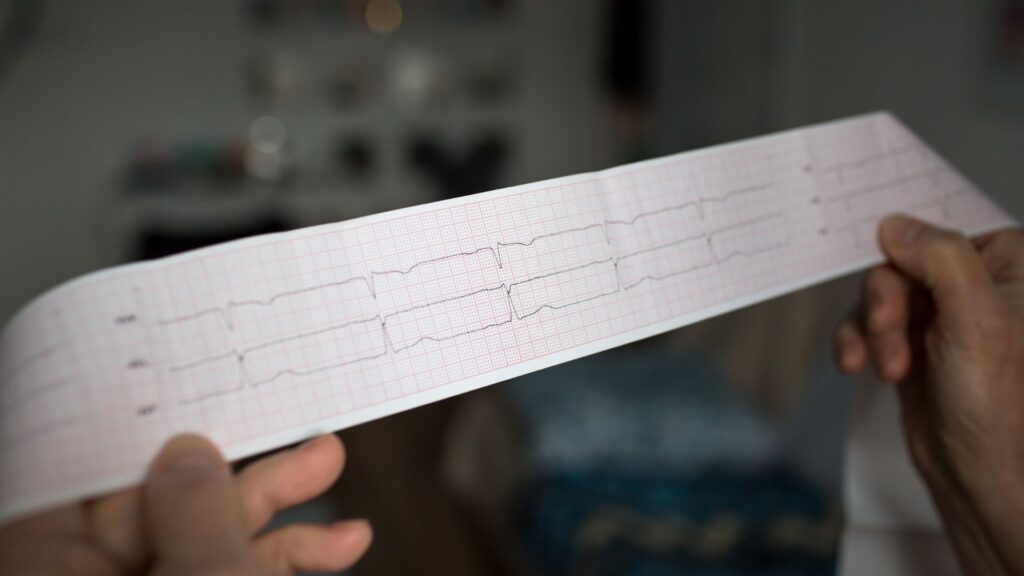Uncovering the Hidden Link: Is Arrhythmia a Symptom or a Cause?
Arrhythmia, also known as an Abnormal (regular or irregular) heartbeat, is a common heart condition that affects millions of people worldwide. It’s a condition that causes the heart to beat too fast, too slow, or irregularly, which can lead to serious health complications. It is not very easy to understand whether a particular arrhythmia is the cause of the problem or the problem itself.

Case Scenario I
Patient admitted with some problem other than heart-related issues and develops an arrhythmia during the course of their hospital stay, it is important to know –
Whether the arrhythmia is high risk or low risk?
Is it causing a significant problem to the patient and needs an emergency treatment or we can wait?
Is it just a temporary problem and will get solved with the current course of treatment?
Getting these answers is important for the speedy recovery of the patient. Also, it helps avoid treating with multiple medications which avoid unwanted side effects
Case Scenario II
Patient admitted with increase or decrease in heart beats with awareness of his/her own heart beats (i.e. palpitations) and/ or fainting/ neck pulsations. The commonest investigation done in such a scenario is an electrocardiogram (ECG), which helps to diagnose the problem. Once the diagnosis is made the various treatment options can be discussed.
Difficulties in treatment
It is not very easy to separate patients in two groups like stated above which is where the role of specialist is important, who deal with these problems on day-to-day basis. These Cardiac Electrophysiologists can help in treatment of the patients in grey areas. Also, they can provide the longer-term treatment in such scenarios, to avoid or delay the problem from arising in the future.
The Link Between Arrhythmia and Other Health Conditions
There is evidence to suggest that arrhythmia can be both a symptom and a cause of other health conditions. For example, if you have heart disease, an arrhythmia may develop as a symptom of the underlying condition. Conversely, if you have an arrhythmia, it can increase your risk of developing heart disease or other health complications. This highlights the importance of early diagnosis and proper treatment for arrhythmias.

Treatment Options
The patients can be treated with medications or interventional management. The interventional management can be in the form of the implantation of a machine/ device or electrophysiological study with ablation. The decision should be taken after consultation with a cardiac electrophysiologist. Some of these treatments can lead to a permanent cure of the problem.
Conclusion
In conclusion, arrhythmia is a common heart condition that can have a significant impact on a person’s health. Whether it’s a symptom or a cause, early diagnosis and proper treatment are key to managing arrhythmias and reducing the risk of serious health complications. If you’re experiencing any symptoms of arrhythmia, it’s important to speak to your doctor as soon as possible to get the right treatment.